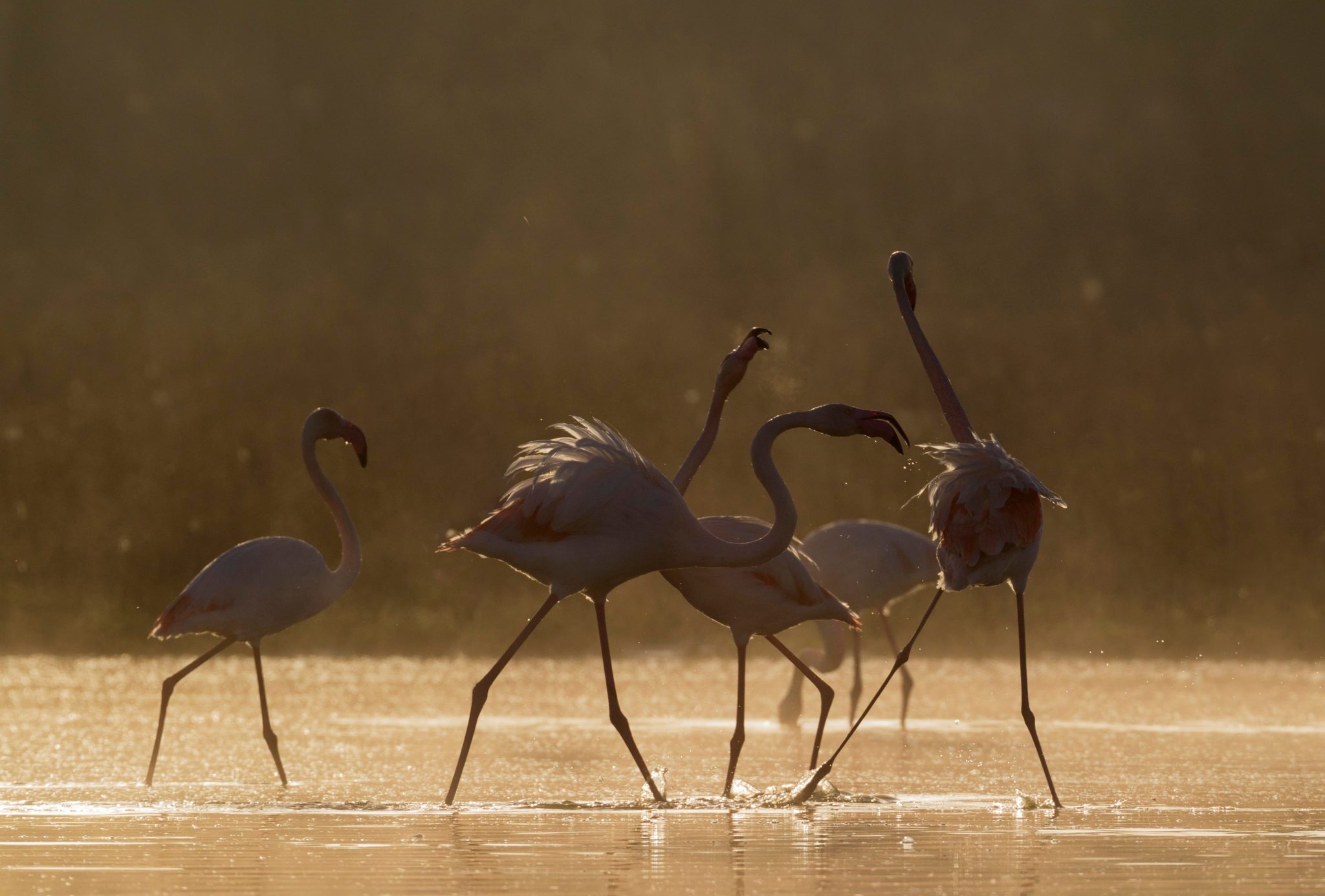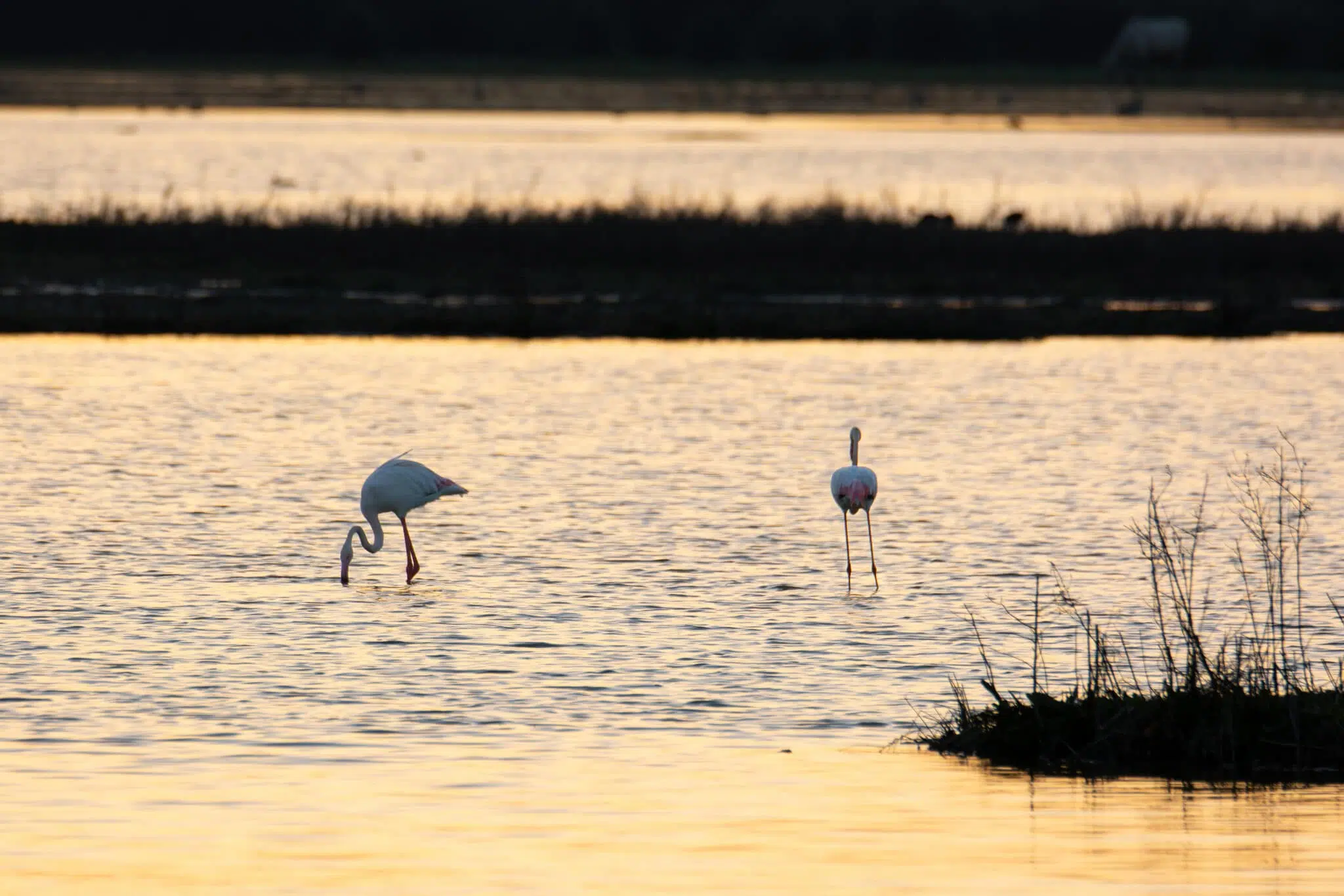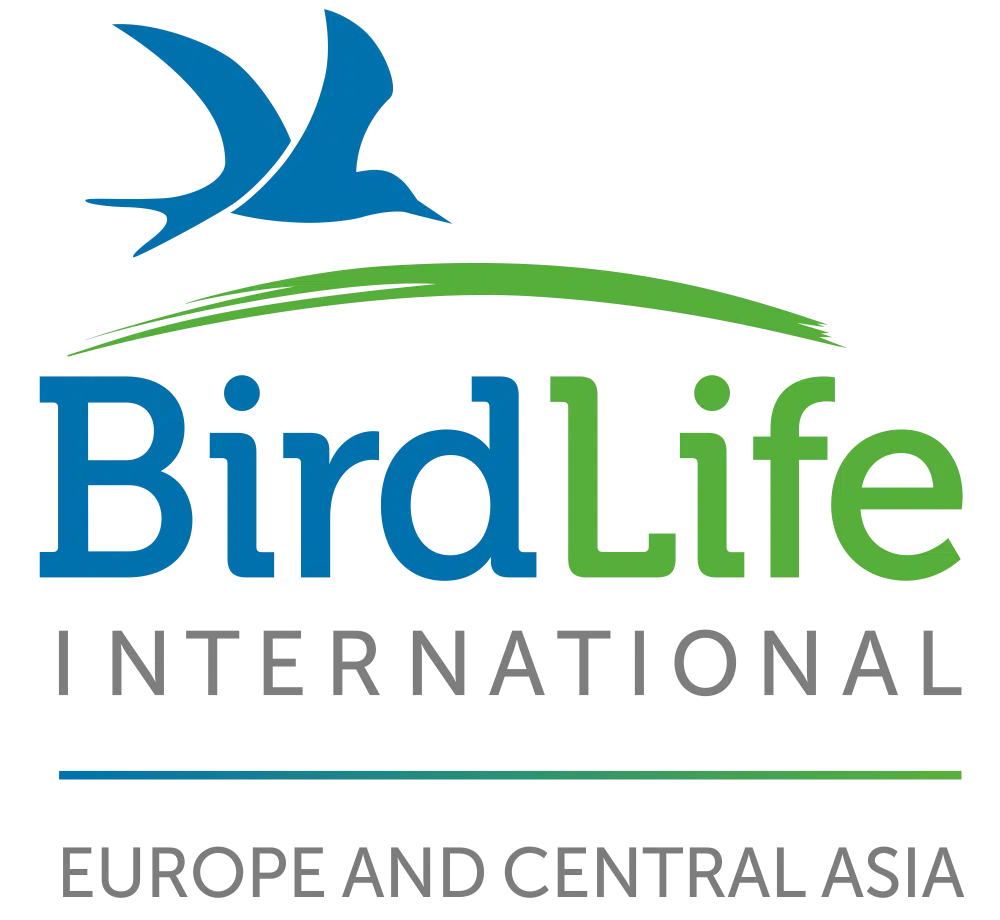Doñana is going extinct
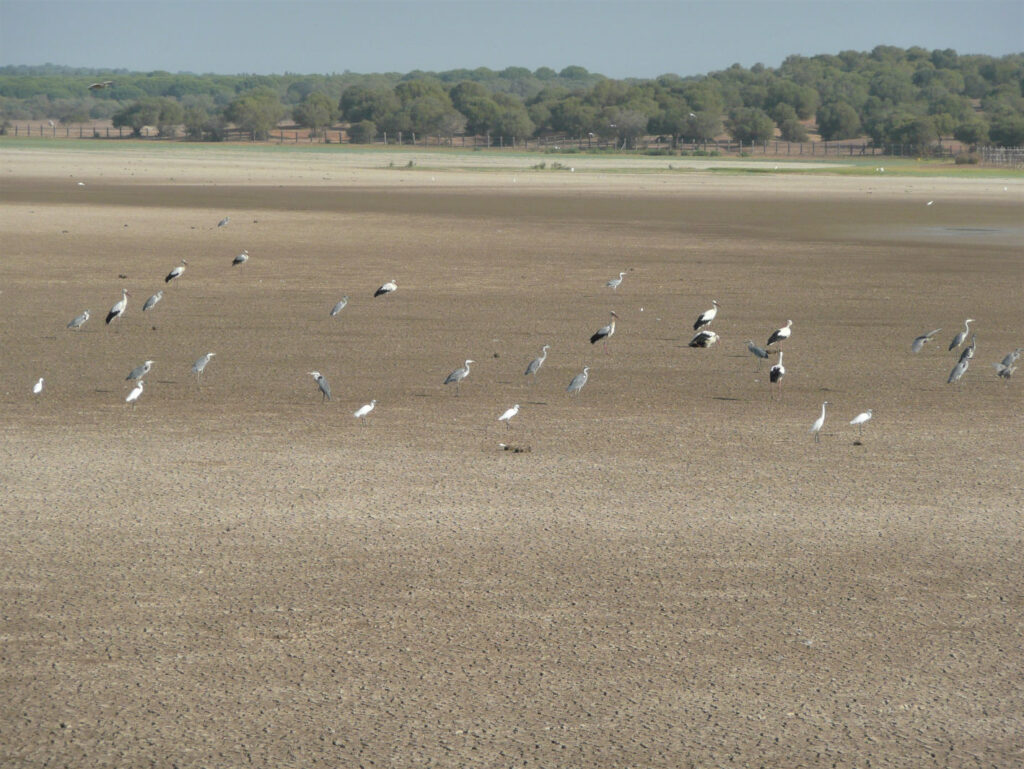
The beautiful Doñana National Park, located in the south of Spain, is under threat from, among others, illegal water irrigation practices. This park, declared a UNESCO World Heritage Site in 1994, is home to an incredible array of plant and animal species, many of which are at risk of extinction. Unfortunately, the use of water illegally extracted from the already overexploited park's aquifers is causing significant damage to the delicate ecosystem.
The situation is dire. According to experts, over 1,000 illegal wells have been dug near the park, with some farmers using powerful pumps to extract water from the wetlands. This practice is causing significant damage to the area’s natural habitats, impacting plant and animal species alike. Many birds, which depend on the wetlands for food and shelter, are also at risk. On top of this, new proposals by the regional government to legalize many of these wells is putting more pressure on the system.
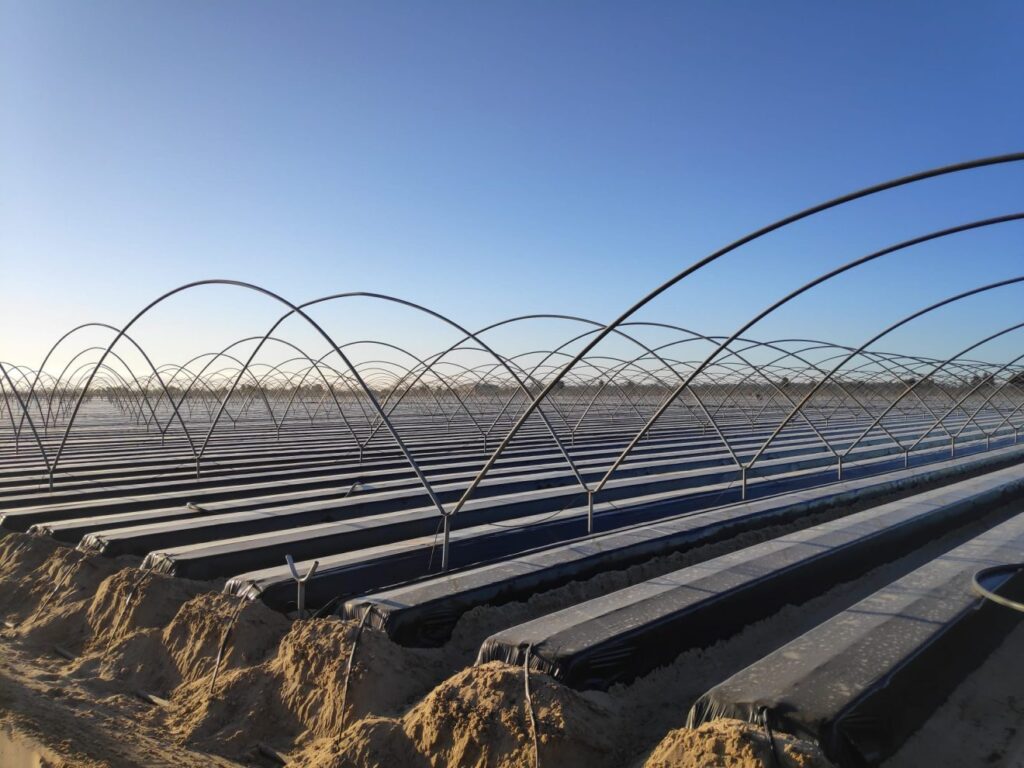
The illegal irrigation practices are causing soil degradation, loss of biodiversity, and even changes to the flow of rivers. Some experts even predict that all the park’s freshwater wetlands could dry up year-round within the next decade if action is not taken to address the problem. For the past two years, the main permanent freshwater lagoon of Doñana dried up already in spring.
The impact on bird populations has been especially devastating. Birds like the Marbled Teal (Marmaronetta angustirostris), White-headed Duck (Oxyura leucocephala), and Purple Swamphen (Porphyrio porphyrio) rely on the wetlands for their survival, but their numbers have plummeted in recent years. Some of these species are now on the brink of extinction.
Together with our Spanish Partner SEO/BirdLife we are calling for immediate action to be taken. Specifically, we are calling for the Andalusian government to:
- Declare coastal lagoons as the first endangered habitat in Spain.
- Ensure the definitive closure of all illegal exploitations that affect the state of the aquifer, with a calendar for execution, allocated budget, sanctions, and a program of continuous surveillance in the medium to long term to prevent a similar situation.
- Commit to establishing a complete control and inspection plan to discourage the practice of illegal extraction.
- Cancel any new planned water concessions, in line with the precautionary principle, at least until the non-deterioration of water masses and their associated ecosystems is ensured.
- Ensure that 100% of legal wells have consumption control systems and an incentive price policy to reduce consumption, including recovering the environmental costs, as indicated in the Water Framework Directive.
- Establish a global exploitation system for the entire aquifer, regulated by irrigation communities, with adaptive global criteria based on the annual availability of water resources.
- Apply a land-use plan, restructuring all the agricultural sector around the protected natural space, subordinating its evolution to the long-term conservation of the habitats and species of Doñana, and adjusting public and private endowments to the real availability of water.
- Review and relocate the pressure produced by water extraction in tourist facilities, especially in the Matalascañas urbanization.
- Publish official measures in hydrological planning to adjust the flood period, transversal movement of water, and water balance of groundwater masses to the annual rainfall reality.
- Present a medium to long-term plan that avoids the dependence of the natural space on water transfers from other watersheds.
- Eliminate all eucalyptus plantations that indirectly affect the recovery of lagoons fed by the aquifer, even if they are located outside the protected area.
- Draft and approve the Management Plan for the protected areas of the Doñana Natura 2000 Network, including an evaluation of the state of conservation of habitats and species in the natural area, the measures needed, and monitoring as established by European directives and state legislation.
- Identify the ecological and water requirements of the habitats and species of the Natura 2000 Network spaces and incorporate them into the Hydrological Plan of the Guadalquivir Hydrographic Demarcation 2022-2027 with immediate effect, including minimum flow regimes, maximums, seasonal regimes, and necessary generating flows for aquatic species and water-bound habitats to achieve their conservation objective.
The situation in the Doñana National Park is a stark reminder of the importance of protecting our natural habitats. The park’s wetlands are home to an incredible array of plant and animal species, and their destruction would be a tragedy for both people and nature. You can add your voice to the masses, and demand that this incredible natural resource is protected before it is too late.
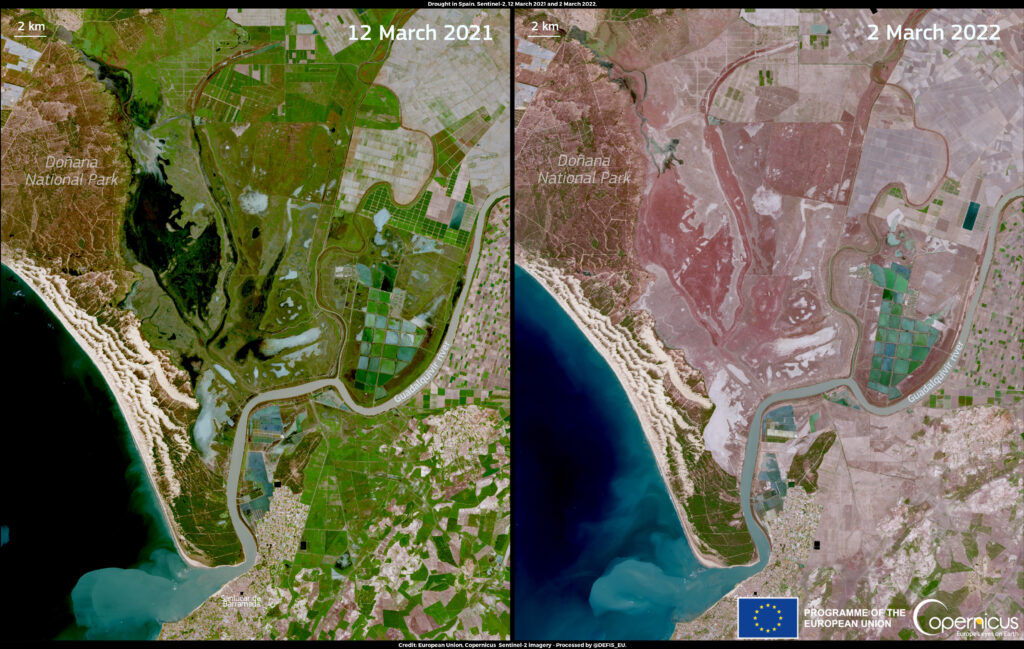
You might also be interested in:
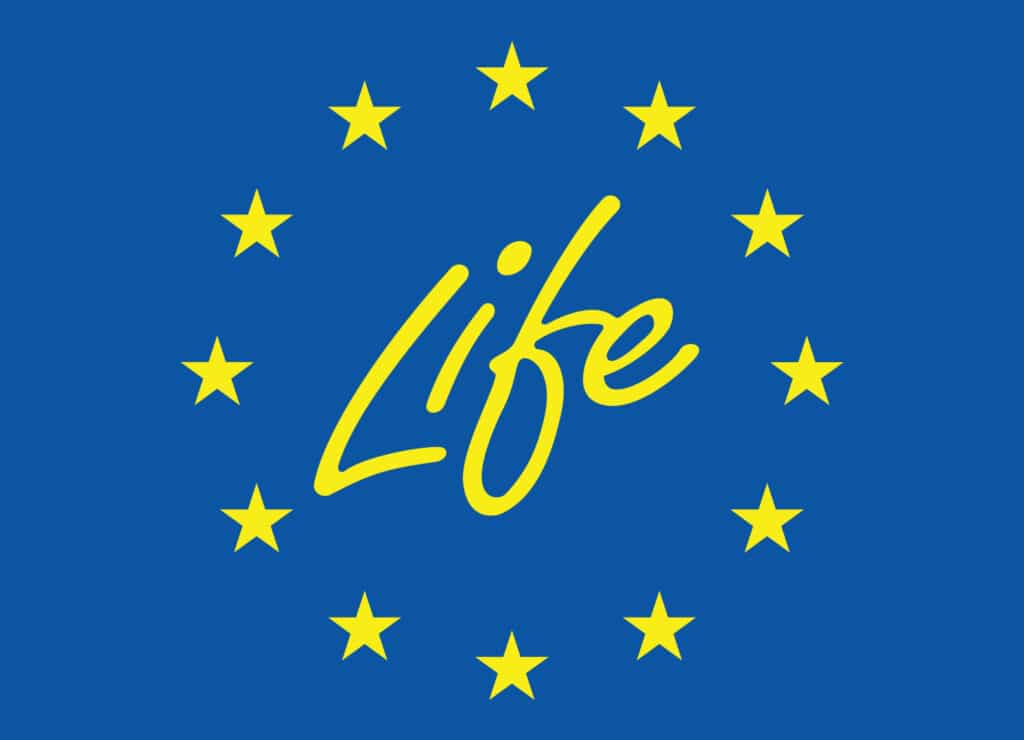 | Stichting BirdLife Europe gratefully acknowledges financial support from the European Commission. All content and opinions expressed on these pages are solely those of Stichting BirdLife Europe. The European Commission is not responsible for any use that may be made of the information it contains. |

